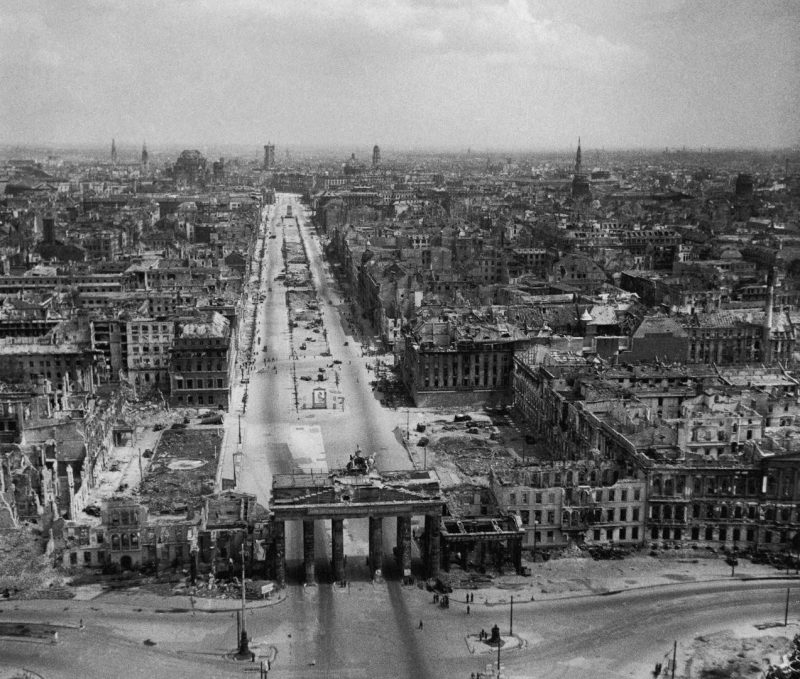John Fulenwider was an Army medic after World War II. Although he had little actual training in medicine, it was his task to care for a British pilot who broke his neck when his plane crashed in Germany just after the war ended.
“‘Corporal, you have to take care of that guy. Feed him and make sure his head doesn’t move,’” Fulenwider recalled being ordered.
The pilot, who’s named Fulenwider has forgotten, had run out of fuel on a training mission and crashed on the emergency landing.
“He came into land, it was an emergency landing, and caught the fence wire or something, and it flipped over, ‘crash,’ and his neck broke,” Fulenwider said. “He was unconscious and lying upside down. The medics that went there got him out, carefully kept his head in traction and brought him in and here he is.”
For half a year, Fulenwider did all that he could for the pilot while he recovered. He changed sheets, fed him, and whatever else he needed.
“It took six months for the pilot to start moving. After that, he had a walking cast and he went back to England,” said Fulenwider.
Fulenwider enlisted at the age of 17 in 1946. His older brothers both served in WWII, and he felt called to serve in the years after the war.
He wanted to join the signal corp, but there was an urgent need for manpower in other areas.
“After the war and the fighting was over, it turned out they needed people to help get the GI’s discharged,” he said.
Before finishing basic training, he was sent to Ft. Dix, NJ, to help conduct physical exams on soldiers returning from the battlefields.
Immediately on arrival, he was taught the procedure to check blood pressure. For two months, he sat at a desk and took blood pressure.
In the winter of 1946, he was finally sent to basic training and taught the skills to be an infantryman. They did not give him any medical training.
After basic training, Fulenwider and around twelve other men were sent to Germany to work at the Army hospital near Stuttgart, Holland Sentinel reported.
For about a year, he worked as a medic. Mostly, he changed sheets, tended to patients, provided meals and worked with the nurses.
